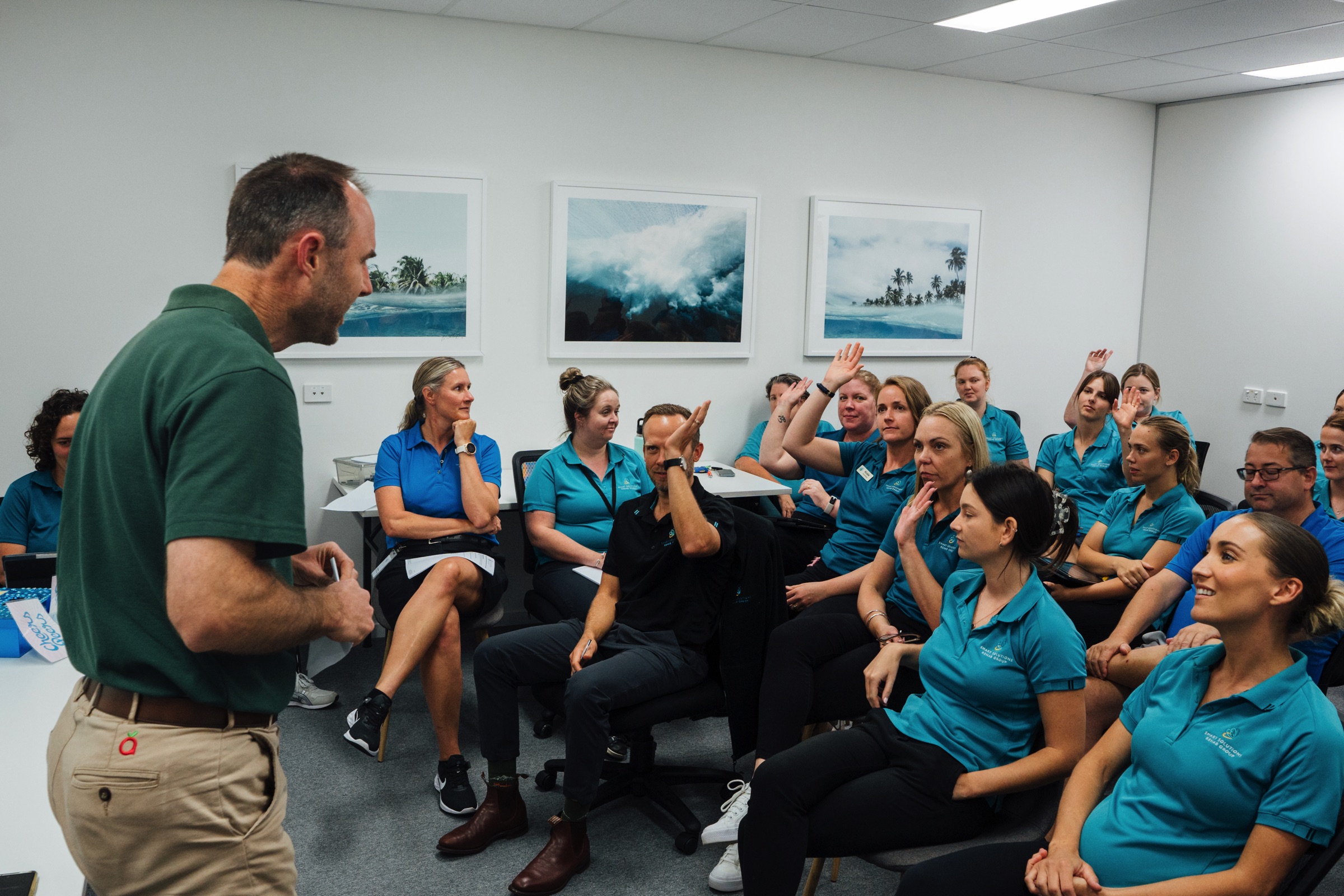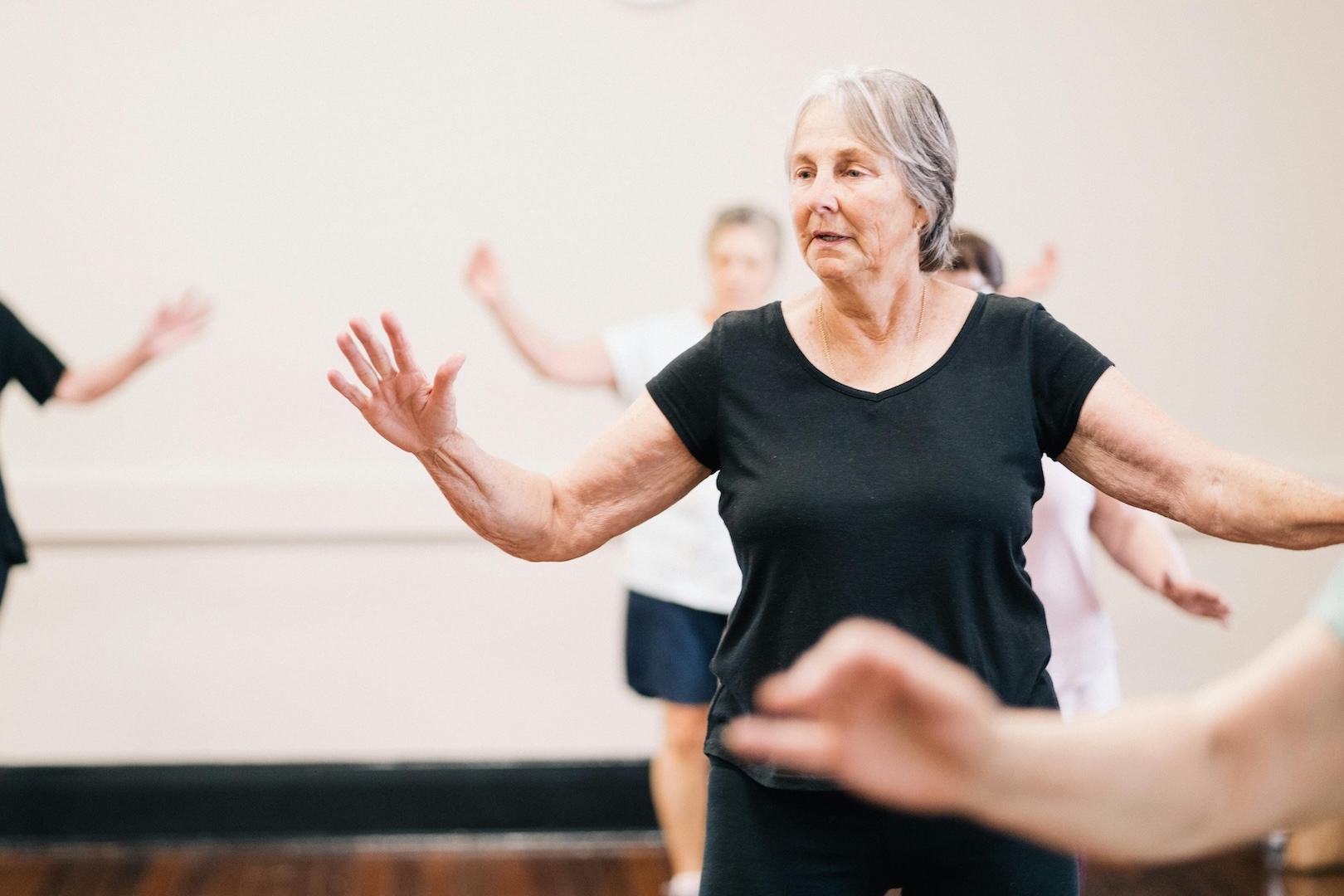In the realm of healthcare, teamwork is not just beneficial—it is essential. This is especially true in allied health, where professionals from various disciplines collaborate to provide comprehensive and cohesive care for their clients.
Allied health encompasses a wide range of healthcare professions, including physiotherapists, occupational therapists, speech therapists, dietitians, and social workers, among others1. Each of these professionals brings a unique set of skills and expertise to the table, contributing to a holistic approach to patient care.
The Importance of Teamwork in Allied Health
- Comprehensive Care: By working together, allied health professionals can address the multifaceted needs of their clients. For example, a client recovering from a stroke might need physical therapy to regain mobility, speech therapy to improve communication, and dietary advice to support overall health2.
- Improved Patient Outcomes: Collaborative care leads to better health outcomes. When professionals from different disciplines share their insights and coordinate their efforts, they can develop more effective treatment plans and monitor progress more closely3.
- Enhanced Communication: Effective teamwork requires clear and open communication. This ensures that all team members are on the same page regarding a client’s treatment plan and progress, reducing the risk of errors and improving the quality of care4.
- Professional Development: Working in a team allows allied health professionals to learn from each other, share best practices, and stay updated on the latest developments in their fields. This continuous learning environment fosters professional growth and improves the overall standard of care5.
How Allied Health Teams Work Together
- Interdisciplinary Meetings: Regular meetings where team members discuss client cases, share updates, and plan coordinated interventions are crucial. These meetings ensure that everyone is informed and can contribute their expertise to the client’s care plan.
- Shared Goals: Establishing common goals for client outcomes helps align the efforts of all team members. This unified approach ensures that everyone is working towards the same objectives, making the care process more efficient and effective.
- Collaborative Tools: Utilizing shared electronic health records (EHRs) and other digital tools can facilitate better communication and coordination among team members. These tools allow for real-time updates and easy access to client information, enhancing the team’s ability to provide timely and accurate care.
Case Study: A Holistic Approach to Rehabilitation
Consider a client who has suffered a severe injury and requires rehabilitation. The allied health team might include:
- Physiotherapist: Focuses on restoring physical function and mobility.
- Occupational Therapist: Helps the client regain the ability to perform daily activities.
- Speech Therapist: Assists with any communication difficulties resulting from the injury.
- Dietitian: Provides nutritional guidance to support recovery.
- Social Worker: Offers emotional support and helps navigate any social or financial challenges.
By working together, these professionals can create a comprehensive rehabilitation plan that addresses all aspects of the client’s recovery, ensuring the best possible outcomes.
In conclusion, teamwork in allied health is vital for delivering high-quality, holistic care. By leveraging the diverse skills and expertise of various professionals, allied health teams can achieve the best results for their clients, fostering a supportive and effective healthcare environment.




